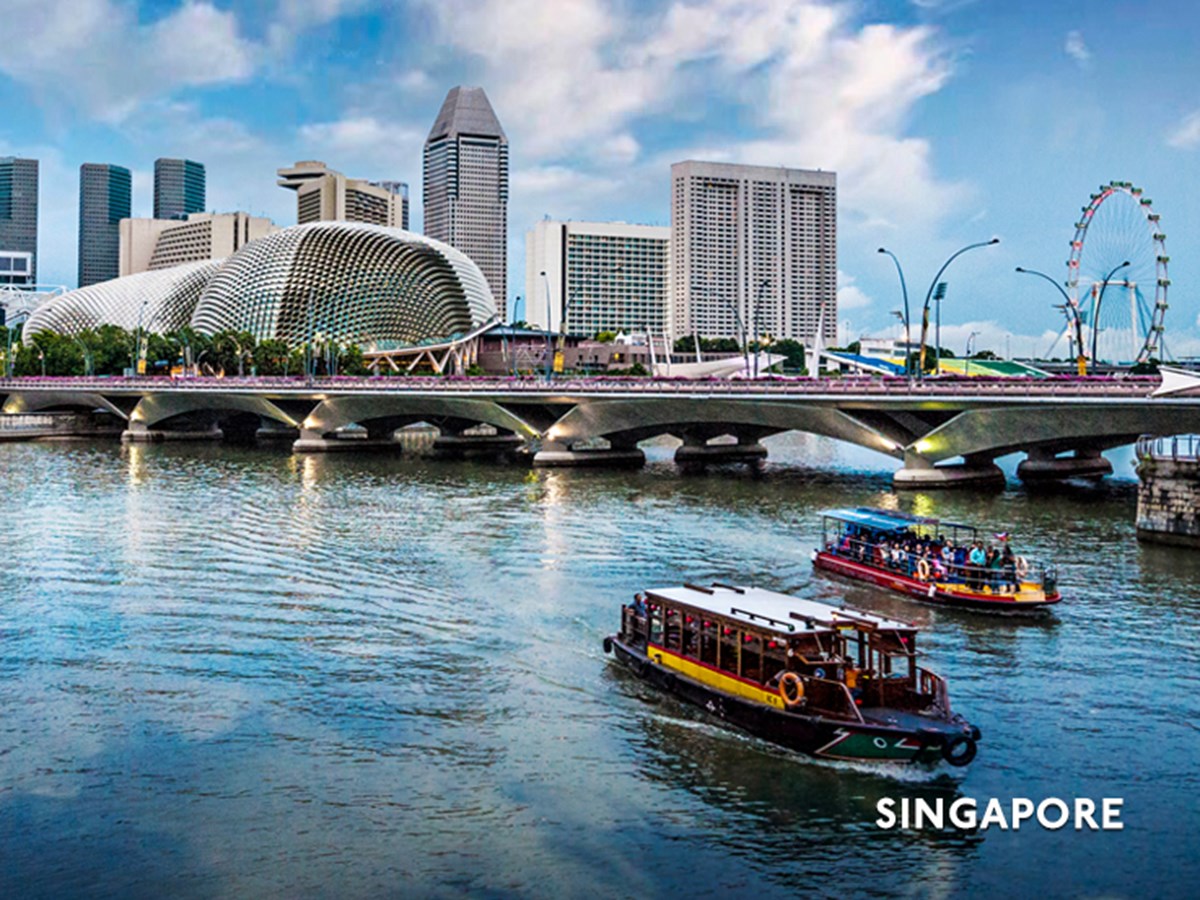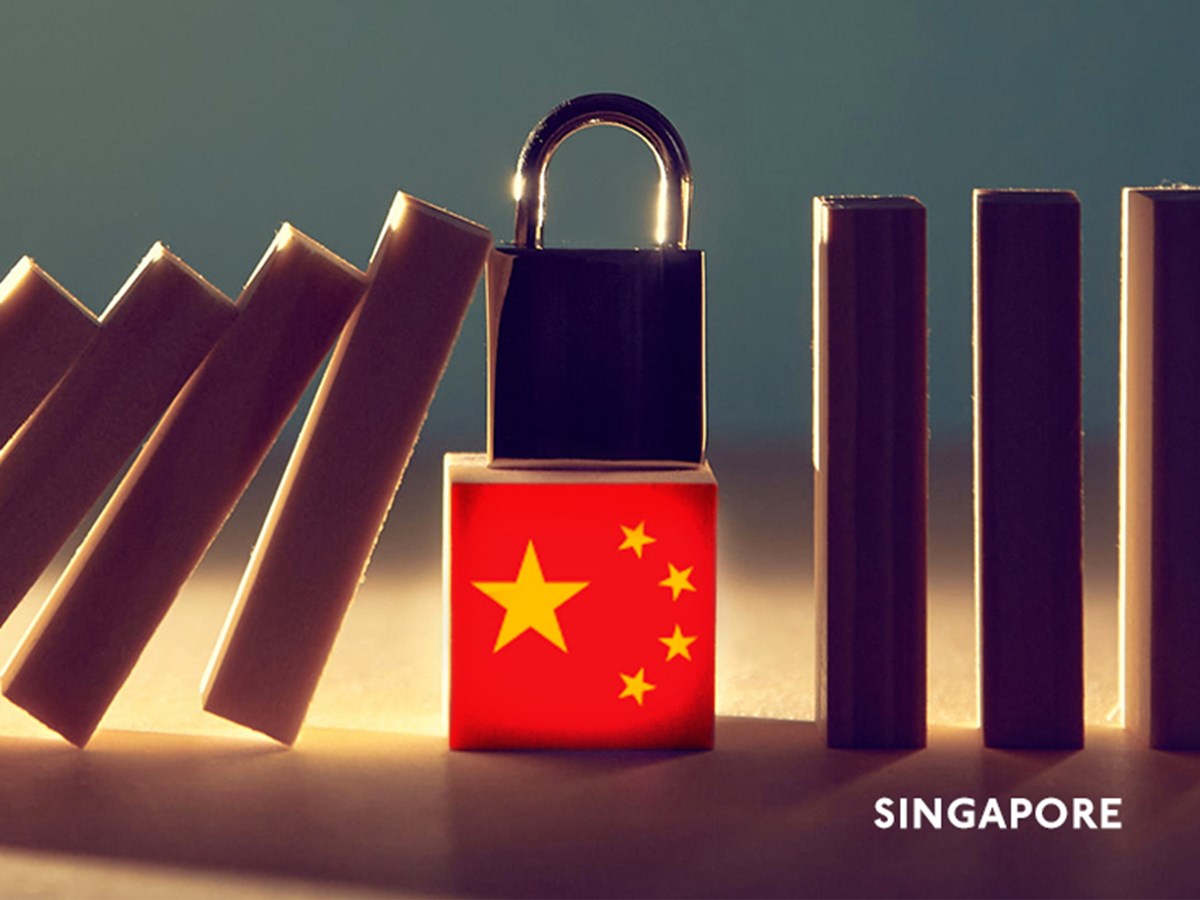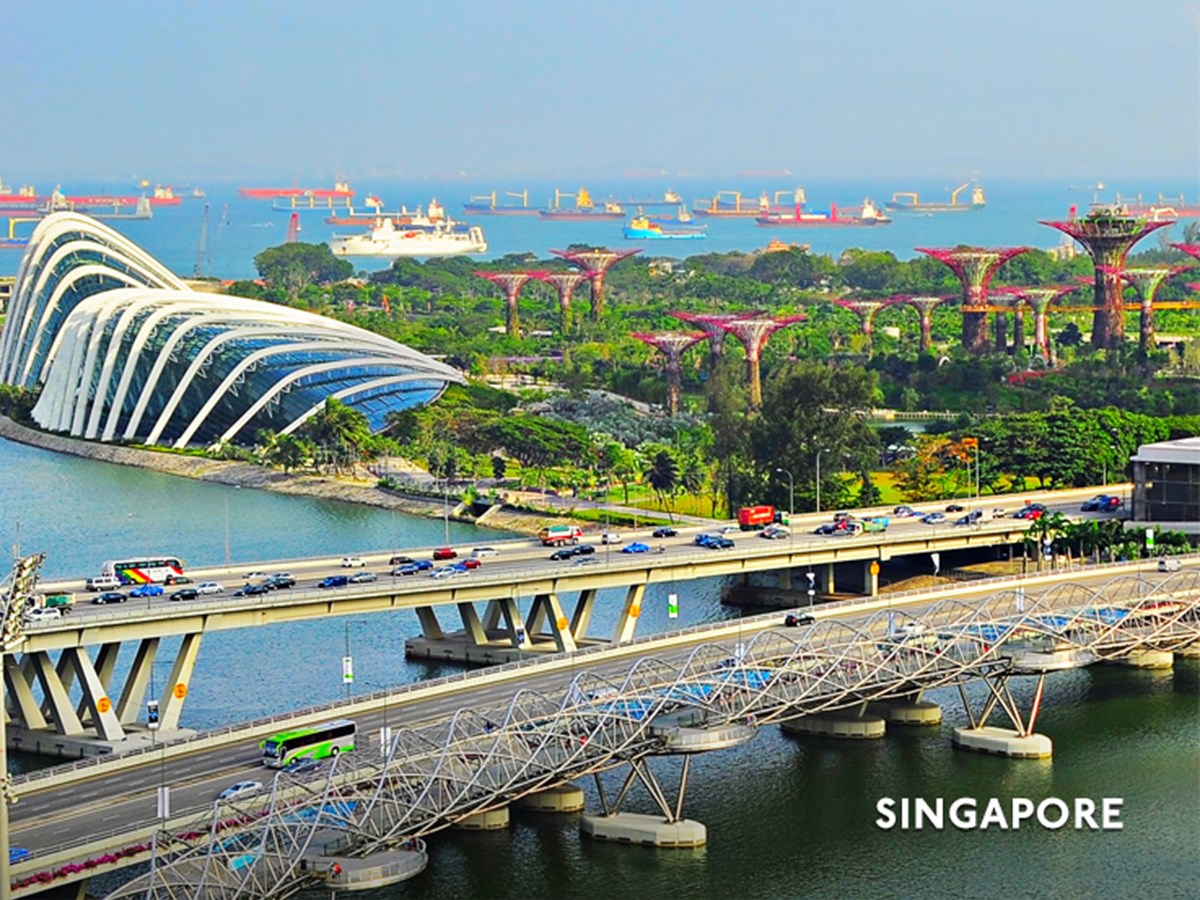
China issues “blocking rules” against unjustified extra-territorial application of foreign laws

On 9 January 2021, the Ministry of Commerce (“MOFCOM”) of the People’s Republic of China (“PRC”) issued the “Rules on Counteracting Unjustified Extra-territorial Application of Foreign Laws and Measures” (commonly known as “Blocking Rules”) for the purpose of safeguarding national sovereignty, security and development interests and protecting the legitimate rights and interests of Chinese citizens, legal persons and organisations (collectively, “Relevant Chinese Parties”). The Blocking Rules came into force immediately after its issuance.
This article provides an overview of some of the key provisions of the Blocking Rules.
1. Scope
The Blocking Rules apply where the extra-territorial application of foreign laws and measures, in violation of international law and the basic principles of international relations, unjustifiably prohibits or restricts Relevant Chinese Parties from engaging in normal economic, trade or other related activities with a third State or region, or its citizens, legal persons or other organisations.
Upon assessment via a special working mechanism, led by MOFCOM, MOFCOM may issue a prohibition order to the effect that foreign laws and/or other measures that are considered to be unjustifiably applied, shall not be accepted, executed, or observed (“Prohibition Order”). The following factors will be taken into account when assessing whether foreign laws and/or other measures have been unjustifiably applied extra-territorially:
- Whether international law or the basic principles of international relations are violated;
- Potential impact on the national sovereignty, security and development interests of the PRC;
- Potential impact on the legitimate rights and interests of Relevant Chinese Parties; and
- Other factors deemed relevant.
2. Reporting obligations
When Relevant Chinese Parties are prohibited or restricted by foreign laws and other measures from engaging in normal economic, trade and related activities with a third State (or region) or its citizens, legal persons or other organisations, Relevant Chinese Parties shall proactively and truthfully report the matter to MOFCOM within 30 days of its occurrence. The reported matter shall be kept confidential by MOFCOM and its staff members if so requested.
3. Judicial remedies
In addition to Prohibition Orders, other judicial remedies may be granted in accordance with the Blocking Rules.
Relevant Chinese Parties who have suffered damage to their legitimate rights and interests can bring an action against entities which have infringed these rights and interests (“entities”) due to complying with foreign laws and/or other measures within the scope of a Prohibition Order. This does not apply to entities granted an exemption as provided in the Blocking Rules.
If the entities benefited from a judgment or ruling rendered in accordance with foreign laws and/or other measures blocked by a Prohibition Order, the Relevant Chinese Parties whose legitimate rights and interests are harmed by the judgment or ruling may sue for compensation from the decision’s beneficiary. In the event that the entities at issue refuse to enforce the judgment of a PRC court related to foreign laws and/or other measures blocked by a Prohibition Order, the Relevant Chinese Parties can apply to the PRC courts for a ruling for enforcement.
Given the inclusion of such judicial remedies, there may well be uncertainty and disagreement in the conduct of dispute resolution under the Blocking Rules. The PRC courts may also exert jurisdiction over disputes involving matters relating to the unjustified extra-territorial application of foreign law even where parties have agreed that disputes should be resolved through arbitration and included an arbitration clause in their agreement.
4. Counter measures issued by PRC government
In addition to Prohibition Orders and the judicial remedies set out above, the PRC government may take necessary counter measures in response to unjustified extra-territorial application of foreign laws and/or other measures, based on actual circumstances and needs. These counter measures are described only in broad terms in the Blocking Rules, leaving room for the government to implement measures as required.
5. Exemption and government support
The Blocking Rules provide recourse for entities affected by Prohibition Orders by allowing for an exemption mechanism and special government support in specific circumstances.
A PRC citizen, legal person or organisation may apply to MOFCOM for exemption from compliance with a Prohibition Order. To apply for exemption from compliance with a Prohibition Order, a written application should be submitted to MOFCOM, stating reasons for exemption and the scope of the exemption that is sought. A decision on the exemption application shall be made within 30 days from the date of acceptance of the application, or in a timely manner in cases of emergency.
Where, in adhering to a Prohibition Order, a PRC citizen, legal person or organisation suffers significant losses due to non-compliance with foreign laws and/or other measures, the relevant authorities may provide necessary support based on the specific circumstances. The Blocking Rules is silent on the definition or interpretation of the terms “significant losses” and “specific circumstances”.
The exemption mechanism and the special government support can be invoked or applied for only by PRC entities. The Blocking Rules do not explicitly stipulate whether a foreign investment enterprise established and registered in the PRC can apply for exemption or government support.
6. Impact
The Blocking Rules is quite general and how it will be implemented depends on many factors, including coordination with certain existing PRC laws and regulations.
It should be noted that the Blocking Rules will not apply to the extra-territorial application of foreign laws and/or other measures as provided for in treaties or international agreements to which the PRC is a party. The Blocking Rules will therefore not affect the PRC’s existing obligations under those treaties and agreements.
The application of the Blocking Rules is not limited to any specific country. Due to the tense relationship between the US and the PRC, as well as the recent change in the US administration, we must wait to see how the Blocking Rules will be enforced against US-related business.

